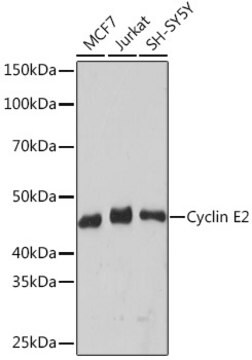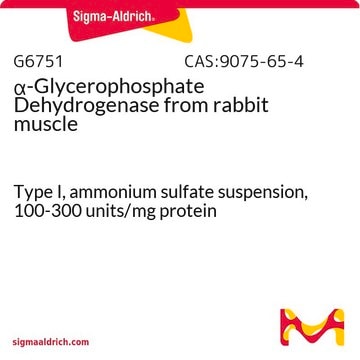A4470
Monoclonal Anti-Adenovirus 2 E1A (Adenovirus 2 early region 1) antibody produced in mouse
1.0 mg/mL, clone M73, purified immunoglobulin, buffered aqueous solution
About This Item
Recommended Products
biological source
mouse
Quality Level
conjugate
unconjugated
antibody form
purified immunoglobulin
antibody product type
primary antibodies
clone
M73, monoclonal
form
buffered aqueous solution
mol wt
antigen 30-50 kDa (3 bands)
species reactivity
viral
concentration
1.0 mg/mL
technique(s)
immunoprecipitation (IP): 1-2 μg/mL using whole extract of HEK 293 cells
indirect immunofluorescence: 2-5 μg/mL
isotype
IgG2a
shipped in
dry ice
storage temp.
−20°C
target post-translational modification
unmodified
General description
Immunogen
Application
Physical form
Disclaimer
Not finding the right product?
Try our Product Selector Tool.
Storage Class Code
13 - Non Combustible Solids
WGK
WGK 1
Flash Point(F)
Not applicable
Flash Point(C)
Not applicable
Certificates of Analysis (COA)
Search for Certificates of Analysis (COA) by entering the products Lot/Batch Number. Lot and Batch Numbers can be found on a product’s label following the words ‘Lot’ or ‘Batch’.
Already Own This Product?
Find documentation for the products that you have recently purchased in the Document Library.
Our team of scientists has experience in all areas of research including Life Science, Material Science, Chemical Synthesis, Chromatography, Analytical and many others.
Contact Technical Service





